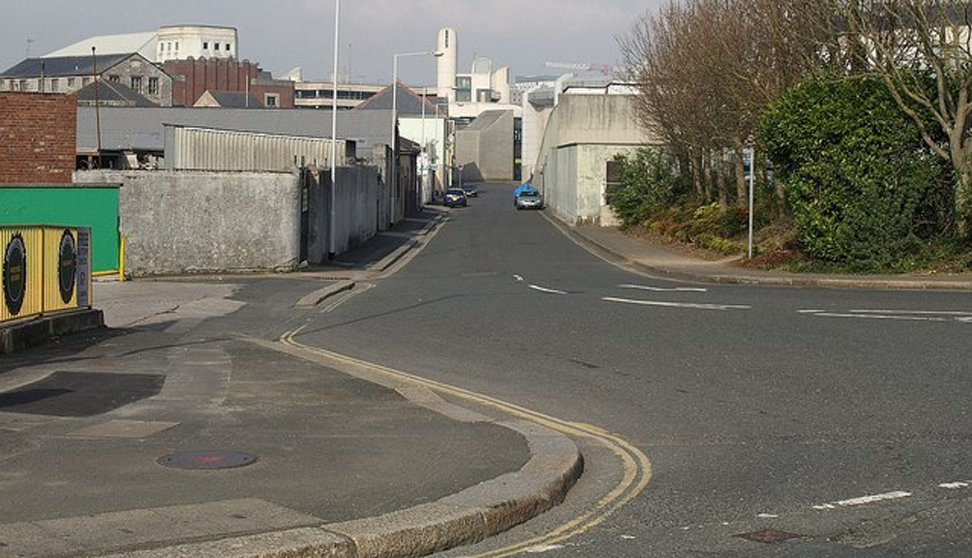Wells are to be drilled along the planned Millbay Boulevard to help heat and cool future homes and businesses in Plymouth.
Two wells will be drilled 100 metres beneath Bath Street as part of the Council’s push for alternative sources of renewable heat and to install infrastructure to help tomorrow’s builders, developers and homeowners do their bit.
Councillor Mark Lowry, Cabinet member for Finance said:
“We have declared a climate emergency. Now we are turning words into action.
“We need to reduce our impact on the environment. Not only are we drilling wells to provide innovative renewable heating and cooling but we will be installing interconnecting pipework to supply new developments. It means that as soon as new buildings go up along this boulevard, they can connect to a much more eco-friendly heating and cooling system.”
As well as pipe work, an innovative drainage system will be installed beneath the road.
Underground tanks capable of holding 240 tonnes of water will be going in which can contain water in the event of flooding particularly at times of high rainfall coinciding with high tides.
Above these tanks, will be ‘rain gardens’ – sunken beds planted with coastal grasses and flowering plants arranged beneath an avenue of trees – these will be irrigated using the rain and flood water.
The system is being developed with the Environment Agency and South West Water as part of the Water Resilient Cities Interreg Programme. Work is also due to start on a new public square at the Union Street end of Bath Street to make it a more welcoming entrance to Millbay Boulevard. Creating a link from the city centre to is a long-held aspiration and the Council has been acquiring properties to enable its delivery.
Millbay is changing. New apartment blocks now overlook the docks, there’s a new school as well as shops and restaurants. The new look boulevard will be lined with, up to 300 homes as well as a hotel development, shops and offices.
The boulevard scheme costs £2.9 million and is being part funded by The European Regional Development Fund, Interreg 2 Seas and the Water Resilient Cities Programme, but also HeatNet NWE Programme. Other organisations involved include Plymouth Waterfront Partnership and Plymouth Pavilions.
